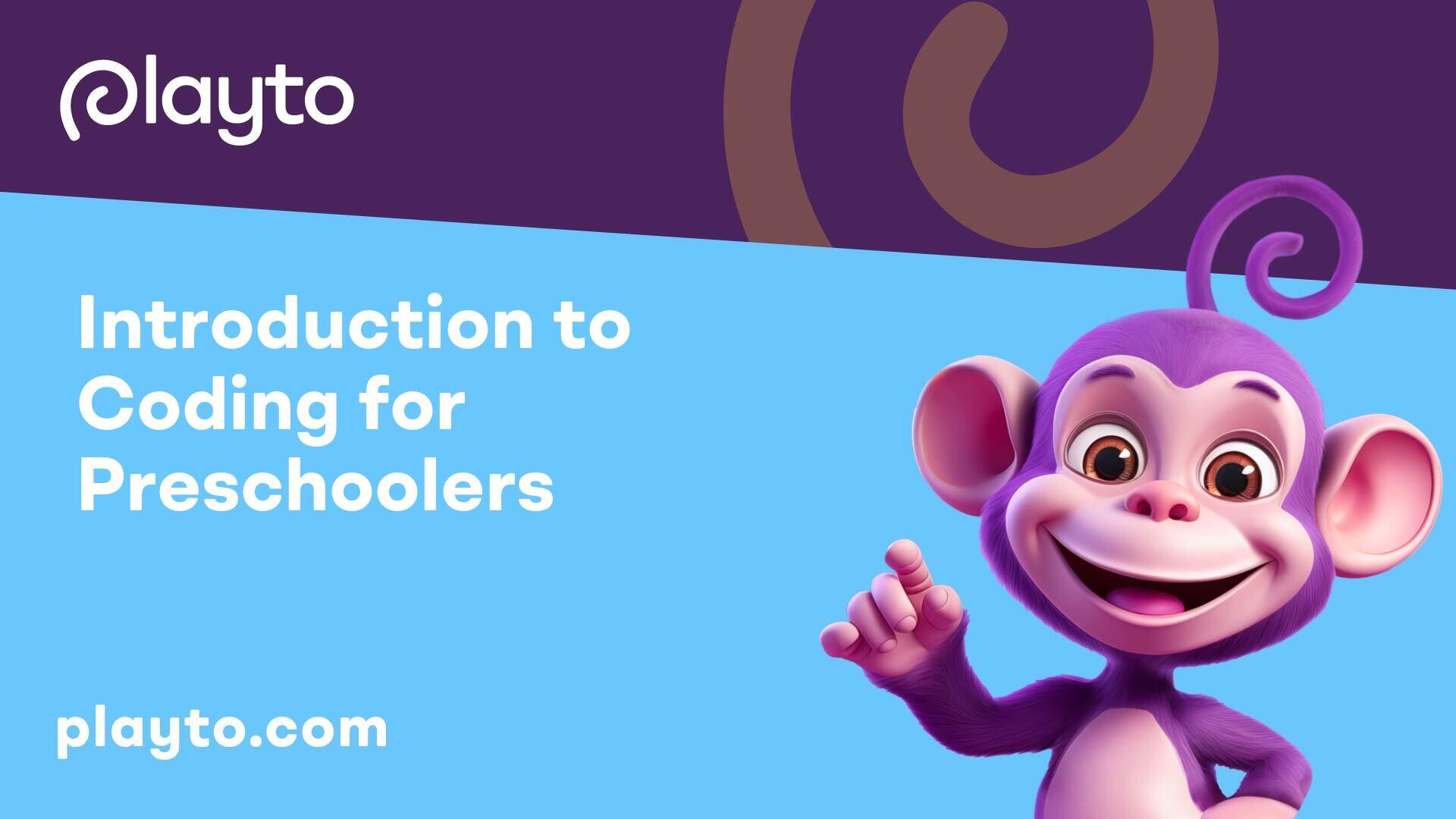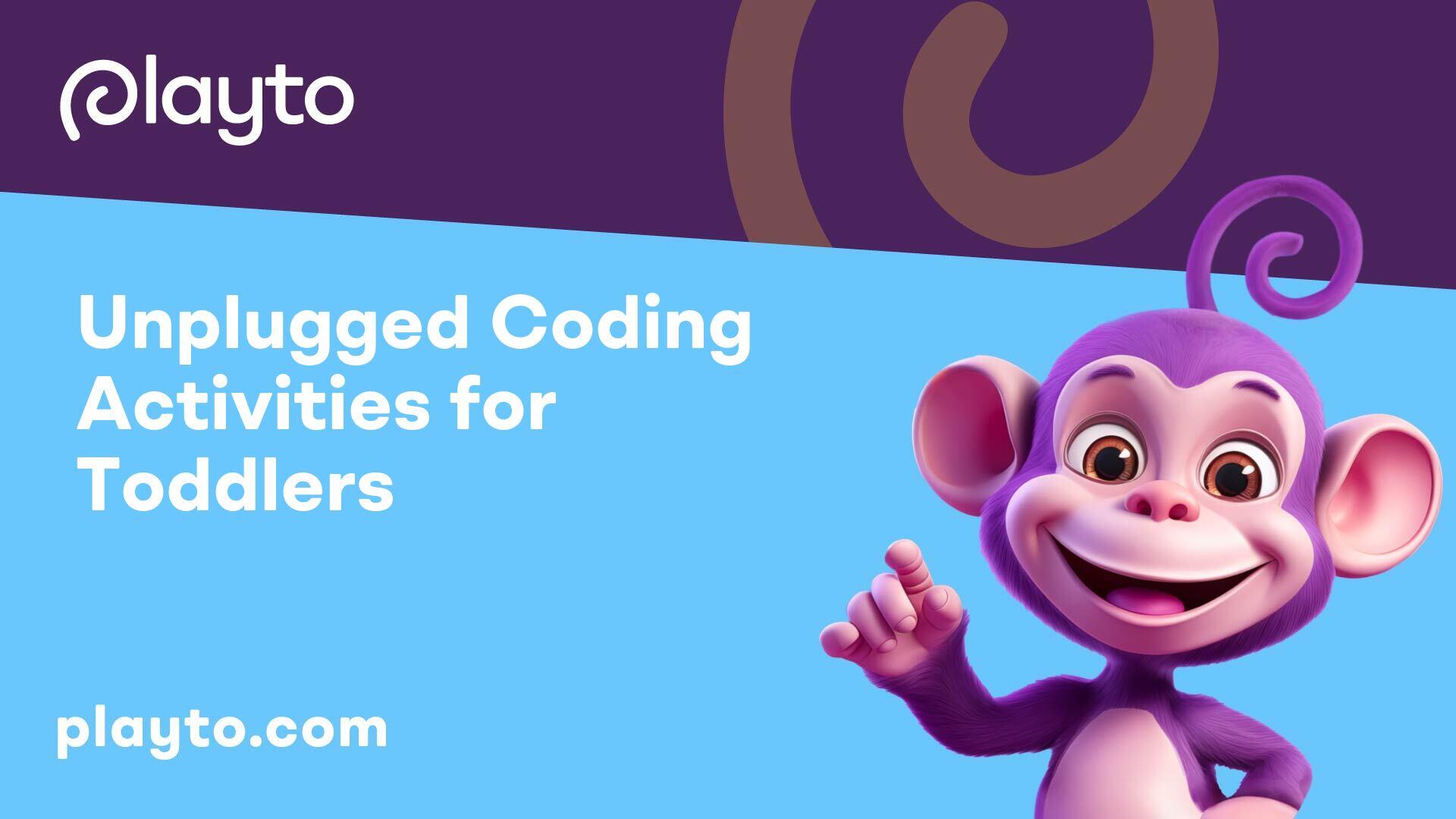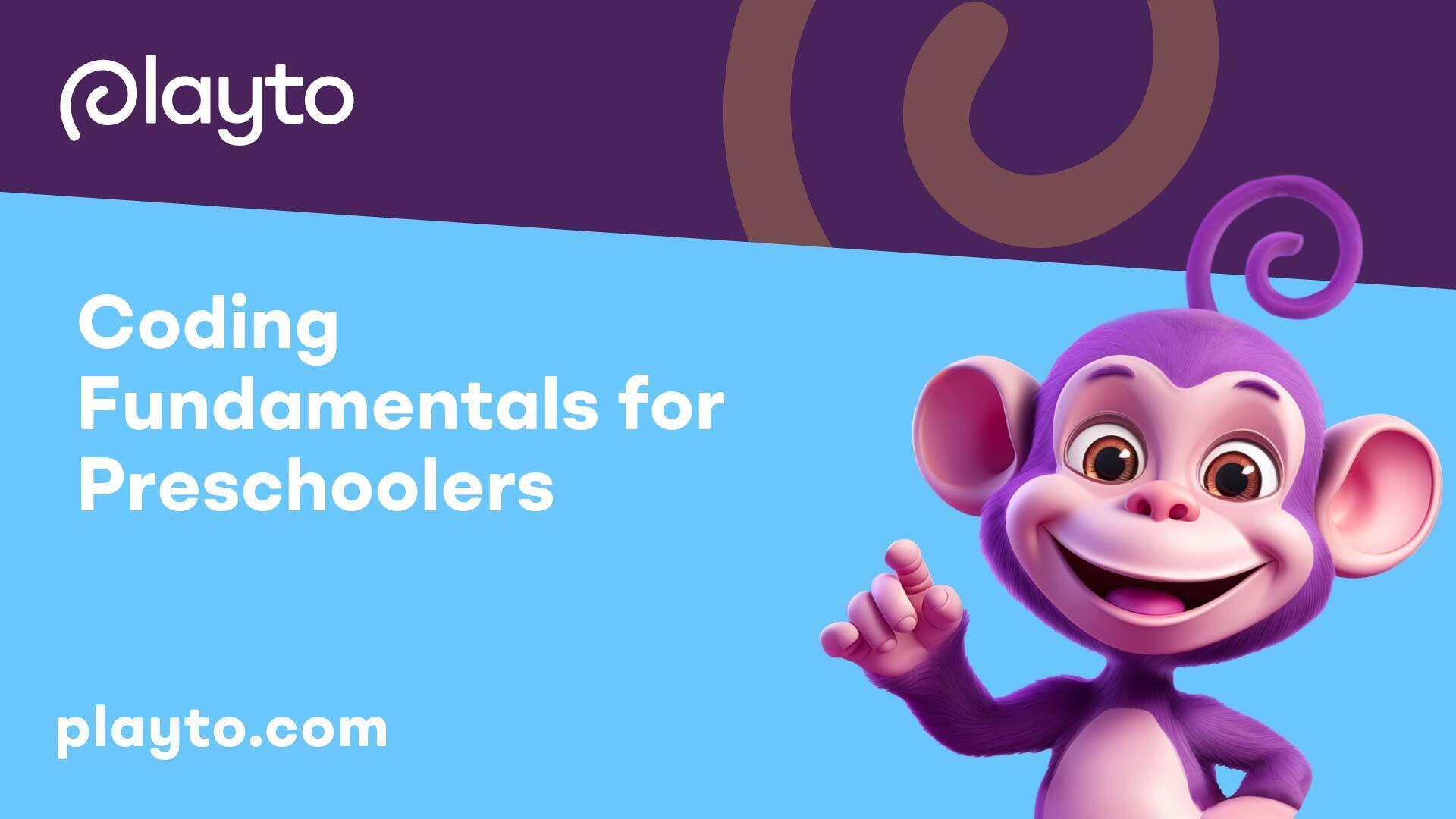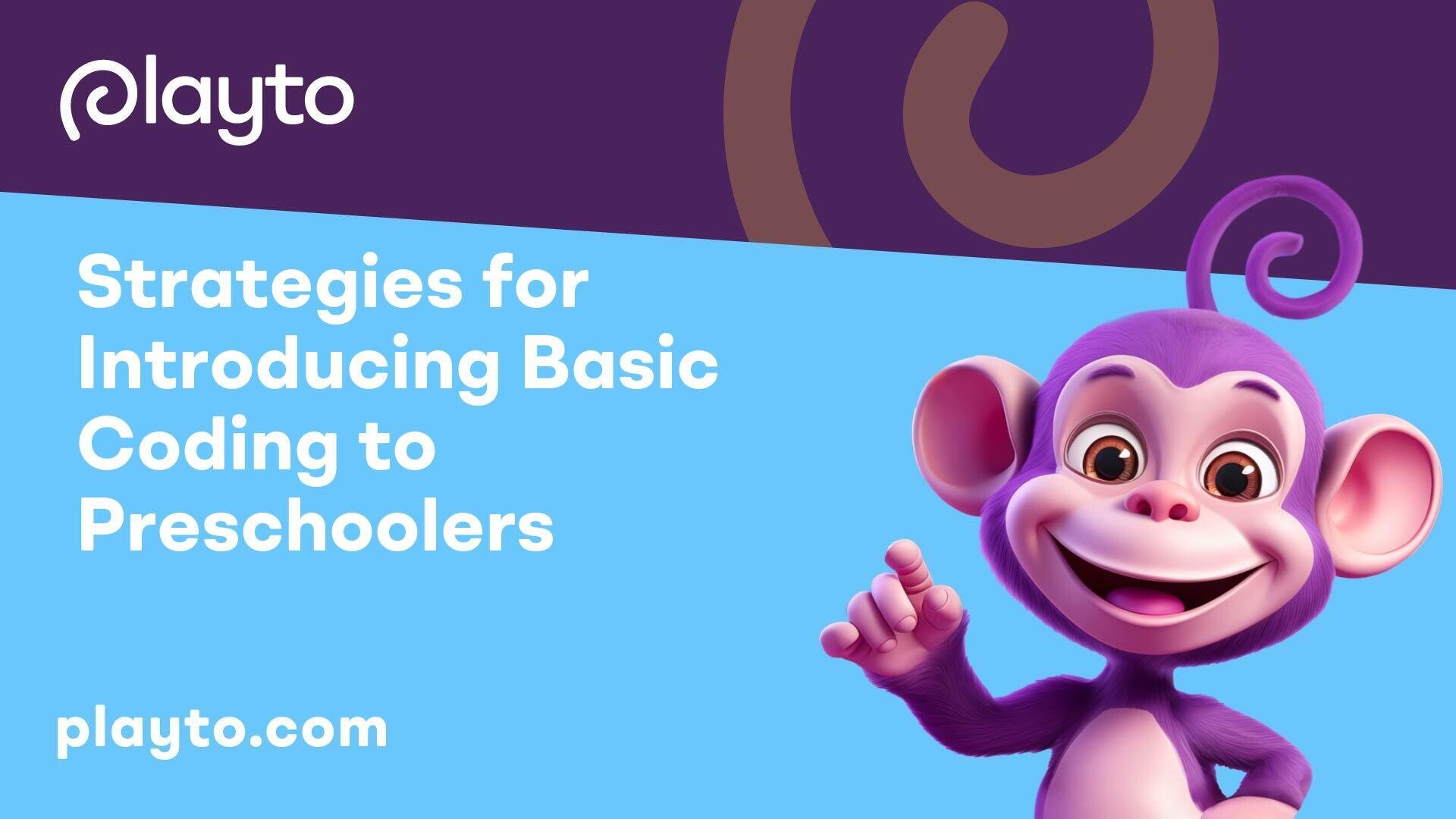
Introduction to Coding for Preschoolers
Introducing young children to coding at an early age is becoming increasingly popular, with early age coding initiatives targeting preschoolers as young as 3 or 4 years old. These initiatives recognize the importance of exposing children to computational thinking and problem-solving skills from a young age. By laying the foundation for coding early on, children can gradually progress and master actual coding languages as early as 7 to 9 years old.
Early Age Coding Initiatives
Preschoolers can now engage in coding activities tailored to their age group, even performing these activities "unplugged," without the need for a computer. These unplugged activities focus on developing problem-solving skills and neural networks in toddlers, laying the groundwork for future computational thinking and coding proficiency [1].
Benefits of Introducing Coding Early
Apart from the technical skills, introducing coding early in a child's development offers numerous benefits. It's not just about preparing them for potential future careers in technology but also fostering essential skills like creativity, collaboration, generosity, and open-mindedness [2]. Early exposure to coding helps preschoolers enhance their problem-solving abilities, critical thinking, and listening skills, setting a strong foundation for their educational journey.
By instilling coding fundamentals in preschoolers through engaging activities, caregivers and educators play a pivotal role in nurturing a generation of young learners who are equipped with the necessary skills to thrive in a digital world.

Unplugged Coding Activities for Toddlers
When it comes to introducing basic coding concepts to toddlers, unplugged coding activities can be a valuable starting point. These activities involve teaching coding principles without the need for a computer, focusing on hands-on experiences and interactive learning. Here, we explore how such activities can aid in the development of problem-solving skills and neural network development in toddlers.
Developing Problem-Solving Skills
Engaging toddlers in unplugged coding activities can play a significant role in developing their problem-solving skills. By presenting children with coding challenges that require logical thinking and sequencing, toddlers learn to analyze situations, break down complex problems into manageable steps, and formulate solutions. These activities encourage cognitive development, enhance critical thinking abilities, and promote strategic planning—all essential skills that benefit children both in coding and everyday problem-solving scenarios.
Through activities like sequencing cards, puzzles, and simple mazes, toddlers can grasp the foundational concepts of coding in a fun and interactive manner. These activities not only stimulate their brains but also foster resilience and persistence as they work through challenges, instilling in them a growth mindset essential for future learning and development.
Neural Network Development
Unplugged coding activities for toddlers not only focus on problem-solving skills but also contribute to the development of neural networks in young minds. These activities stimulate various areas of the brain, enhancing cognitive functions such as memory, attention, and spatial reasoning. By engaging in hands-on coding tasks, toddlers strengthen the neural connections that support learning and information processing.
Through activities that involve pattern recognition, spatial orientation, and logical sequencing, toddlers' brains are actively engaged, promoting neural growth and synaptic connections. This early stimulation lays the foundation for enhanced cognitive abilities as children grow and continue to explore the world of coding and technology.
By incorporating unplugged coding activities into early childhood education, caregivers and educators can set the stage for toddlers to develop essential problem-solving skills and neural networks that will benefit them throughout their educational journey and beyond. These activities not only introduce toddlers to the basics of coding but also nurture their cognitive development, preparing them for future academic challenges with confidence and creativity.

Coding Fundamentals for Preschoolers
Introducing preschoolers to the fundamentals of coding sets the stage for early skill development in problem-solving and critical thinking. By engaging young minds with light and enjoyable activities, educators can lay the groundwork for future success in more advanced coding concepts.
Engaging and Light Activities
Preschoolers can begin their coding journey through engaging and lighthearted activities that make learning fun and interactive. Through age-appropriate coding games and challenges, children can grasp basic concepts like sequencing, patterns, and logic. These activities not only introduce coding principles but also foster creativity and curiosity in young learners.
One popular activity that introduces coding fundamentals to preschoolers is the Peanut Butter and Jelly Challenge. This activity, as described by PBS SoCal, involves breaking down a task, such as making a sandwich, into simple instructions or code. By guiding children through the steps of this challenge, educators can help them understand the foundational elements of coding, such as creating and following sequences of instructions.
Skill Development in Problem-Solving
Coding activities for preschoolers are not just about learning to code; they also play a significant role in developing essential skills like problem-solving and critical thinking. By engaging in coding-related tasks, young children learn to approach challenges methodically, break down complex problems into smaller, manageable parts, and develop logical reasoning skills.
Through activities like the Peanut Butter and Jelly Challenge, children learn to write a sequence of instructions to accomplish a task. This exercise teaches them to think sequentially, consider cause and effect, and practice following a set of ordered steps. By mastering these fundamental problem-solving skills at an early age, preschoolers lay a solid foundation for future academic and professional success.
By integrating engaging and light coding activities into early childhood education, educators can nurture young children's problem-solving abilities and foster a love for learning in a way that is both entertaining and educational. Through these experiences, preschoolers build confidence in their cognitive skills and gain a valuable introduction to the world of technology and innovation.
Kindergarten Coding Education Programs
In the realm of strategies for introducing basic coding to preschoolers, kindergarten coding education programs play a vital role in laying the foundation for young learners to understand the principles of coding in a fun and engaging manner. These programs focus on incorporating interactive block-based exercises that not only captivate the children's interest but also help in building essential coding skills.
Fun and Engaging Block-Based Exercises
Kindergarten coding education programs utilize fun and interactive block-based exercises to introduce young learners to the fundamentals of coding. Using colorful blocks and puzzles, children are encouraged to create simple sequences of commands, teaching them the basic concepts of algorithms and sequencing. This hands-on approach not only makes learning enjoyable but also instills problem-solving and critical thinking skills in children at an early age.
Through these exercises, children learn to think logically and develop spatial awareness as they manipulate the blocks to create different outcomes. The visual nature of block-based coding allows children to easily understand the cause-and-effect relationships between their actions and the results on the screen, fostering a deeper comprehension of coding concepts.
Building Coding Foundations
Kindergarten coding programs aim to build strong coding foundations by gradually introducing more complex concepts as children progress through the curriculum. Beginning with simple commands and instructions, children advance to creating sequences of actions that control characters or objects in coding environments. These progressive learning experiences help children understand the logic behind coding and cultivate their problem-solving abilities.
By engaging with block-based exercises, children start to understand the principles of loops, conditions, and variables, paving the way for a smoother transition to text-based coding languages in later education stages. These programs not only focus on teaching coding skills but also emphasize the importance of creative thinking, collaboration, and persistence in the face of challenges.
Kindergarten coding education programs provide a structured and supportive environment for young children to explore the world of coding, preparing them for future educational and career opportunities in the rapidly evolving digital landscape. By incorporating fun and engaging activities, these programs instill a passion for learning and foster a love for problem-solving from an early age.
As children engage with block-based exercises and build coding foundations, they not only develop essential coding skills but also enhance their cognitive abilities, setting a strong groundwork for their educational journey in the digital era.
Online Coding Classes for Kids
In the digital age, online coding classes have become a popular way to introduce children to the world of programming. These classes offer age-appropriate content and provide the flexibility for kids to learn at their own pace and on their own schedules.
Age-Appropriate Content
Platforms like CodaKid, Coding with Kids, and Tynker offer a range of online coding classes designed specifically for kids. These classes are tailored to suit different age groups, with content that is engaging, interactive, and easy to understand. By incorporating elements that appeal to children, such as games, animations, and storytelling, these classes make learning to code a fun and immersive experience.
Online coding classes for kids often utilize block-based programming languages like Scratch, which allow young learners to create interactive games, stories, and animations without the complexity of text-based coding. The visual nature of these languages makes it easier for children to grasp coding concepts and apply them creatively.
Learning Flexibility and Schedules
The flexibility of online coding classes allows kids to learn coding skills at their own pace and according to their individual schedules. Platforms like Tynker offer self-paced courses that children can access anytime, anywhere, making it convenient for busy families.
Additionally, Coding with Kids provides a structured multiyear system known as the Coding Ladder, guiding kids from basic programming levels to more advanced coding concepts. This progression ensures that children build a strong foundation in coding and gradually develop their skills over time.
When choosing online coding classes for kids, it's important to consider the age-appropriateness of the content and the flexibility of the learning schedule. By enrolling your child in these classes, you are not only introducing them to essential coding skills but also fostering creativity, problem-solving abilities, and a passion for technology from a young age.
Importance of Basic Coding Skills for Kids
Understanding the significance of introducing basic coding skills to kids goes beyond just early education—it sets the foundation for future success and growth. The acquisition of these skills not only aids in their cognitive development but also prepares them for a changing world where technology is omnipresent.
Skills for Future Career Opportunities
In the foreseeable future, careers in computer and information technology are expected to witness a much-faster-than-average growth rate, as projected by the Bureau of Labor Statistics [3]. Basic coding skills acquired during early childhood can serve as a stepping stone for exploring diverse career pathways in technology-related fields. These skills lay the groundwork for advanced coding languages and concepts that are essential in the realm of STEM (science, technology, engineering, and mathematics), providing children with a strong basis for future career opportunities.
Growing Demand in STEM Fields
Learning basic coding languages can have extensive benefits for children, enhancing their mathematical comprehension, fostering creativity, and refining problem-solving abilities [3]. By familiarizing themselves with coding at a young age, children are equipped with sought-after technical skills that are increasingly in demand in various industries, particularly in STEM fields. These skills enable children to navigate the complexities of the digital era, granting them a competitive edge in an evolving job market.
The value of instilling basic coding skills in children extends far beyond the classroom. It cultivates a mindset centered on persistence, creativity, and adaptability, traits that are instrumental for success in academic pursuits and future career endeavors. As the landscape of technology continues to evolve, the ability to code will not only be advantageous but may become an essential skill, making early exposure to coding a valuable asset for the next generation.
Top Coding Languages for Kids
Exploring the realm of coding languages for young learners unveils a range of options tailored to engage and educate. Among these, two prominent languages stand out for their user-friendly nature and diverse applications: Scratch and Python.
Introduction to Scratch
Developed by the Scratch Foundation, Scratch is a block-based programming language designed to introduce children to coding in a fun and interactive way. Its visual interface allows kids to drag and drop code blocks to create animations, games, and stories without the need to type out complex syntax.
Scratch enables young learners to grasp fundamental programming concepts such as loops, conditionals, and variables through hands-on experimentation. By engaging in creative projects, children can nurture their problem-solving skills and logical thinking while unleashing their creativity to build exciting digital creations.
Benefits of Learning Python
Python, recognized for its versatility and simplicity, is an ideal choice for children embarking on their coding journey. As highlighted by Computer Science.org, Python's intuitive syntax makes it easy to read and write, even for beginners. This general-purpose language finds applications in various fields such as robotics, data science, artificial intelligence, and game development.
Learning Python equips young learners with a solid foundation in programming logic and problem-solving skills. Its readability and abundant online resources make it accessible for children to explore coding concepts independently or with guidance. By mastering Python, kids can enhance their math skills, nurture creativity, and prepare themselves for future opportunities in STEM fields.
As coding games have been proven to enhance computational learning and problem-solving abilities, introducing preschoolers to user-friendly languages like Scratch and Python can lay a strong foundation for their academic and technical growth. Strengthening their coding skills from an early age opens doors to developing critical thinking, fostering persistence, and nurturing a passion for innovation in the world of technology.
Coding Strategies and Cognitive Skills
Understanding the impact of coding on preschoolers goes beyond just learning a technical skill. Let's explore how coding strategies can have positive effects on cognitive skills, promoting transfer effects and fostering persistence and creativity.
Transfer Effects of Coding
Research has shown that learning to code can have not only positive effects on coding skills but also on cognitive skills beyond coding itself. Coding can enhance creative thinking, mathematical skills, reasoning, metacognition, and spatial skills [5]. By engaging in coding activities, preschoolers not only develop their technical abilities but also enhance their problem-solving skills and critical thinking capabilities.
The skills acquired through coding can extend to various aspects of a child's educational journey, enriching their overall cognitive development. By introducing coding at an early age, children can build a strong foundation for future academic pursuits and acquire essential skills for navigating a digital world.
Encouraging Persistence and Creativity
One of the key benefits of early coding education is the cultivation of persistence and creativity in children. Through coding activities, preschoolers learn to embrace a growth mindset, where failures are viewed as opportunities for learning and growth [4]. This resilience and persistence acquired through coding can translate to various aspects of a child's life, promoting a positive attitude towards challenges and setbacks.
Moreover, coding fosters creativity by placing children in the role of creators within a digital environment. By encouraging experimentation and problem-solving, coding empowers children to think outside the box, explore innovative solutions, and combine logical thinking with creative and artistic expressions. As children engage in coding projects, they develop a holistic approach to problem-solving that integrates systematic thinking with imaginative solutions.
By leveraging coding strategies that promote cognitive skills such as persistence and creativity, educators and parents can nurture well-rounded individuals who are equipped to navigate a dynamic and digital-driven world. Encouraging children to explore coding not only enhances their technical abilities but also cultivates essential cognitive skills that lay the groundwork for future success in both academic and career endeavors.
